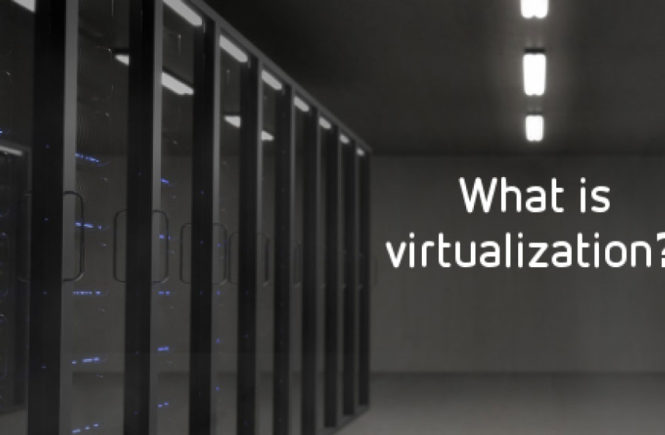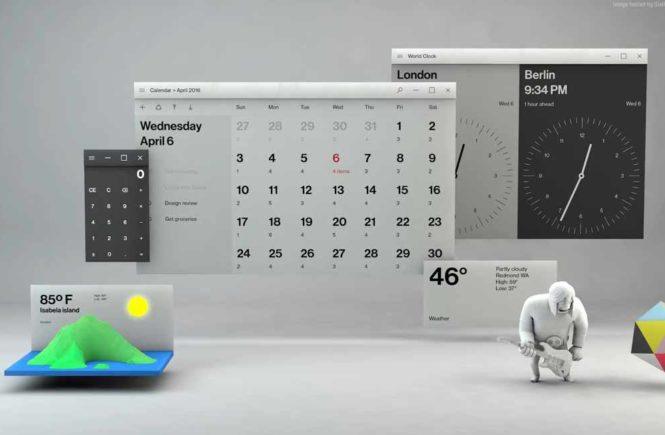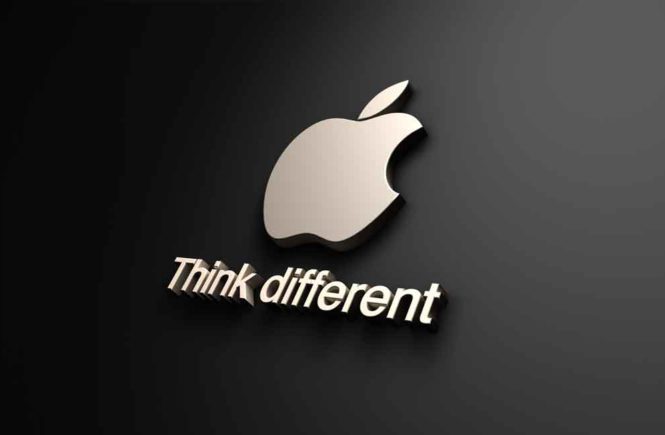A virtual machine (VM) is a computer emulated in a software program. Think of it as a computer within a computer, or software pretending to be hardware. It’s a substitute for purchasing a new physical computer.
What You Need to Know
- A virtual machine will run slower than the machine that is hosting it.
- Initial setup may be tricky with some virtualization apps.
- You may need to purchase another Microsoft Windows license. Virtualization doesn’t solve the Licensing issue.
- Protect yourself from virus and malware. You’re never 100% safe — so, you should never take security lightly
Who can benefit from running Virtualization
- You’re happy on your Mac, but there are a few Windows apps you want or need to run. You could run Windows on a virtual machine.
- Your business depends on an app that only works on certain versions of your operating system, and it’s not feasible to update the app. It’s amazing how often this happens. You can install the operating system version you need on a virtual machine
- You want to try a new app, but are concerned that installing it may compromise the integrity of your current work computer. Installing it on a virtual machine is safe. Even if it crashes or hoses your VM, your work computer is not affected.
- You’re a developer, and want to make sure that your app works on different operating systems, or older versions of your current operating system. Virtualization makes this convenient.
- You love exploring new software and new operating systems, and can’t get enough of them. Run as many as you want in virtual machines, and switch between them easily.
The Winner
- For Mac Host: Parallels Desktop for Mac
- For Windows Host: VNware for Windows
Virtualization Software
www.virtualbox.org
VirtualBox: VirtualBox is powerful, brimming with terrific features and, best of all — free
Virtualbox is available for Windows hosts, OS X hosts, Linux hosts, and Solaris hosts.
https://www.virtualbox.org/wiki/Downloads
www.vmware.com
VMware has been in the virtual machine game since ’98, and offers three different pieces of virtualization software: VMware Workstation Pro ($250), VMware Fusion ($80), and VMware Workstation Player (Free).
www.Parallels.com
When it comes to delivering the Windows experience to Mac users, Parallels Desktop 11 is, well, unparalleled.
www.qemu.org
QEMU is a generic and open source machine emulator and virtualizer. QEmu short for “Quick EMUlator,” is ideal for Linux power users who want a customizable virtual machine. Through a process involving dynamic binary translation, QEMU can emulate an array of hardware and software types, while skirting host administrative privileges to run guest operating systems.
Boot-Camp
Apple’s Boot Camp isn’t a virtual machine in any sense of the word, but it’s worth a mention given users researching virtual machines are often curious about it. The software, which is included on all Macs, allows users to dual boot both MacOS and Windows. Instead of emulating an operating system, Boot Camp helps you set up a partition on the hard drive so you can install the Windows operating system of your choice. Since it’s running directly off the hard drive, running Windows via Boot Camp leads to a far better experience than any virtual machine offers.



